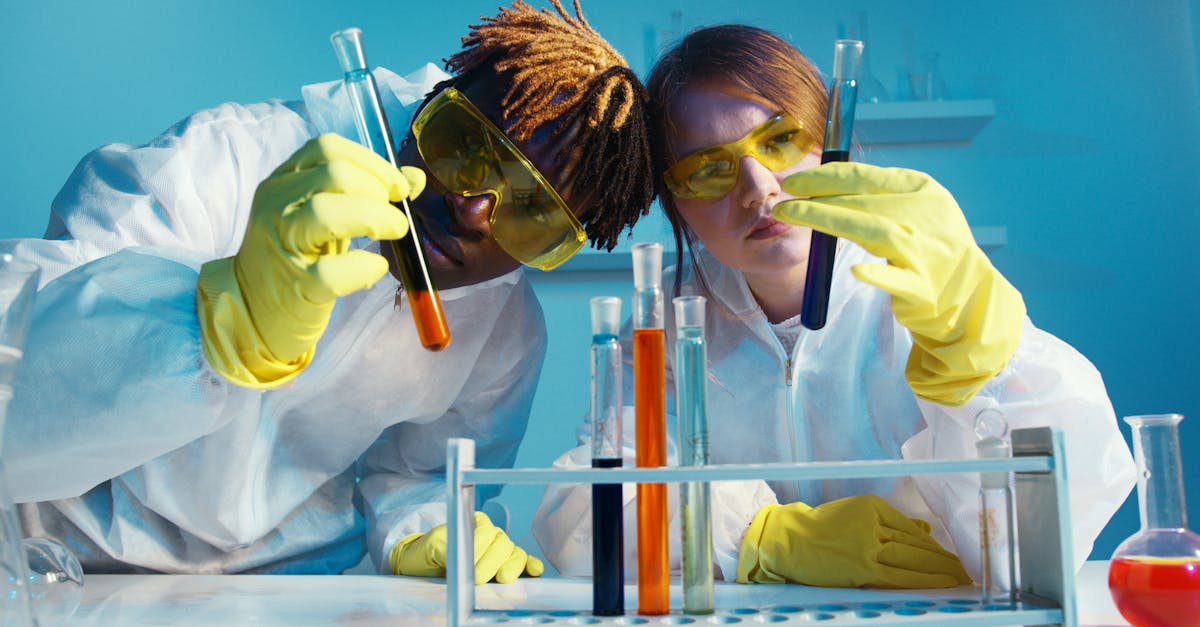The Unlikely Heroes of Medicine
It’s funny how the most unexpected things can sometimes hold the greatest potential. If you’ve ever looked at a bug and thought, “What could this tiny creature possibly offer?” then you’re not alone. I’ve been there, staring at an ant hill or a beetle scuttling across my kitchen floor, wondering about their purpose in the grand scheme of things. But interestingly enough, these little critters might just be the unsung heroes in the world of medicine.
The Humble Beginnings
I was struck by the sheer diversity and resilience of insects. With over a million known species, bugs have adapted to survive in almost every environment on Earth. This adaptability is what makes them so fascinating and, as I’ve come to realise, so valuable to scientific research. Let me tell you, the more I delve into the world of entomology, the more I am convinced that these creatures could be the key to some of our most pressing medical challenges.
Bugs and Their Hidden Powers
You might find this helpful: many insects produce substances that have potent antimicrobial properties. For instance, the humble honeybee produces honey, which has been used for centuries for its healing properties. But it doesn’t stop there. Ants, wasps, and even cockroaches have been found to produce antimicrobial peptides that can fight off bacteria and fungi. To put it simply, these tiny warriors are equipped with natural defences that we can harness for human benefit.
A Little-Known Fact: The Power of Peptides
I’d like to share a little-known fact: antimicrobial peptides (AMPs) are short chains of amino acids that can destroy bacteria, fungi, and even viruses. These AMPs are part of the innate immune system of insects, providing them with a first line of defence against infections. The reality is, these peptides are incredibly effective and could be the key to developing new antibiotics, especially in a world where antibiotic resistance is becoming a major concern.
The Cockroach Conundrum
Here’s a quick story: I was reading about cockroaches, those pesky creatures we all love to hate, and I’d never have guessed that they could be so beneficial. Researchers have discovered that cockroaches have a unique ability to thrive in the dirtiest of environments without getting sick. This led scientists to investigate their immune system, and what they found was astonishing. Cockroaches produce powerful antimicrobial peptides that can kill off harmful bacteria like E. coli and MRSA. Imagine if we could harness this power to combat antibiotic-resistant bacteria in humans!
The Butterfly Effect
In my opinion, butterflies are some of the most beautiful creatures on Earth. But did you know that they also have a hidden talent? Butterflies produce a substance called cecropin, which is a type of antimicrobial peptide. This substance has been shown to be effective against a wide range of bacteria, making it a potential candidate for new antibiotic treatments. It goes to show that even the most delicate creatures can have a powerful impact on our health.
The Benefits of Bug-Based Medicine
So, what are the key benefits of using bugs in medicine? For starters, insects are abundant and easy to cultivate. This makes them a sustainable and cost-effective source of new medical compounds. Additionally, the natural antimicrobial properties of insect-derived substances mean that they are less likely to cause side effects or lead to resistance compared to synthetic antibiotics.
The Future of Medicine
I can’t help but think about the future and the potential that insect-based medicine holds. One thing I’ve learned is that nature often holds the answers to our most complex problems. By studying insects and their unique abilities, we can develop new treatments that are both effective and sustainable. If you’re like me, you’ll find this incredibly exciting and full of promise.
What You Can Do
If I had to guess, you’re probably wondering what you can do to support this fascinating area of research. The truth is, there are several ways you can get involved:
- Support Research: Consider donating to organisations and institutions that are conducting research on insect-based medicine.
- Stay Informed: Keep up-to-date with the latest developments in this field by following scientific journals and news outlets.
- Advocate for Funding: Encourage policymakers to allocate funding for research into alternative medicine, including insect-based treatments.
A Personal Reflection
In my own life, I’ve found that keeping an open mind and being curious about the world around me has led to some of the most rewarding discoveries. It reminds me of the time I first learned about the medicinal properties of plants and how that knowledge has transformed modern medicine. Similarly, the potential of bugs in medicine is a testament to the wonders of nature and the endless possibilities that lie ahead.
The Next Steps
You won’t believe how much potential there is in the world of insects. By embracing this unconventional approach, we can pave the way for groundbreaking medical advancements. Personally, I’m excited to see where this journey will take us and how it will shape the future of healthcare.
Final Thoughts
To put it simply, bugs might just hold the key to the next breakthrough in medication. It’s common knowledge that innovation often comes from the most unexpected places, and insects are no exception. By exploring the unique properties of these tiny creatures, we can unlock new treatments and solutions that have the potential to revolutionise medicine. So, the next time you see a bug, remember that it might just be the hero we’ve been looking for.
I hope this blog post has sparked your curiosity and inspired you to learn more about the fascinating world of insects and their potential in medicine. If you have any thoughts or questions, feel free to share them in the comments below. Let’s continue this exciting conversation!









